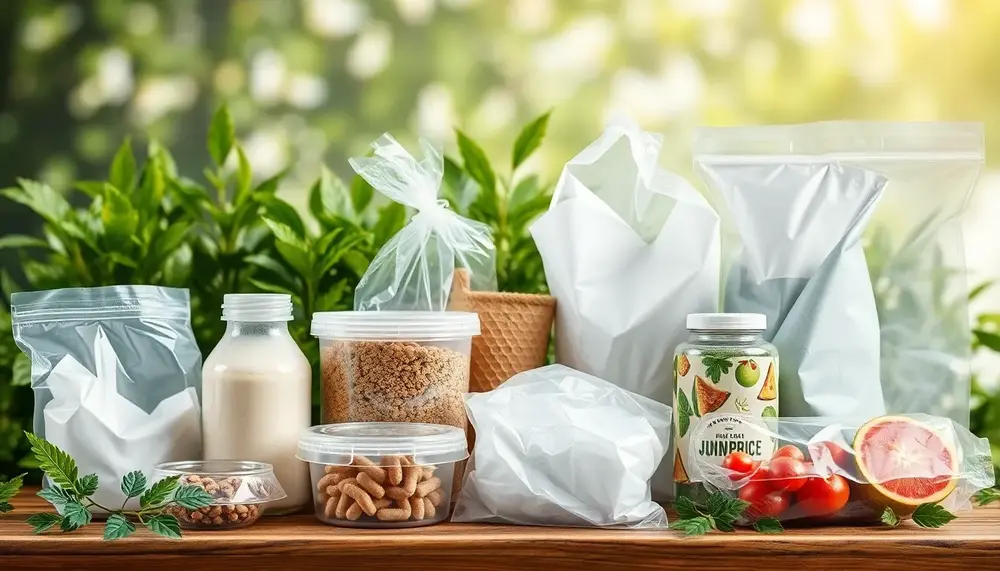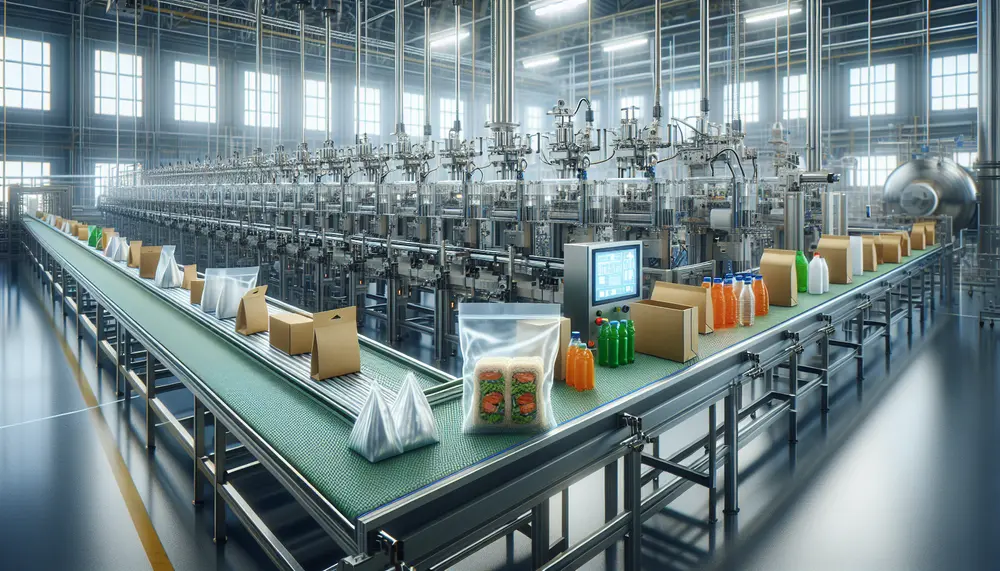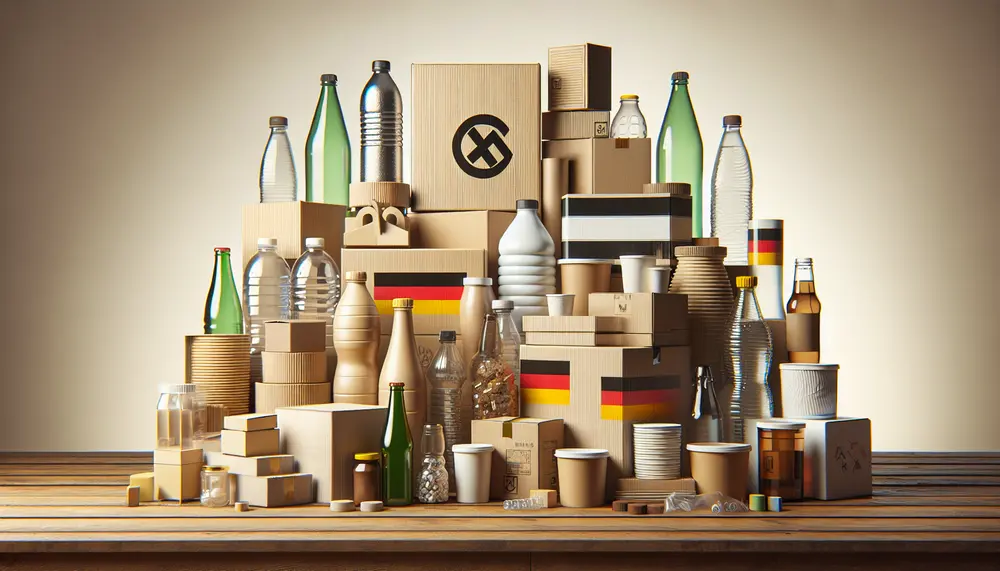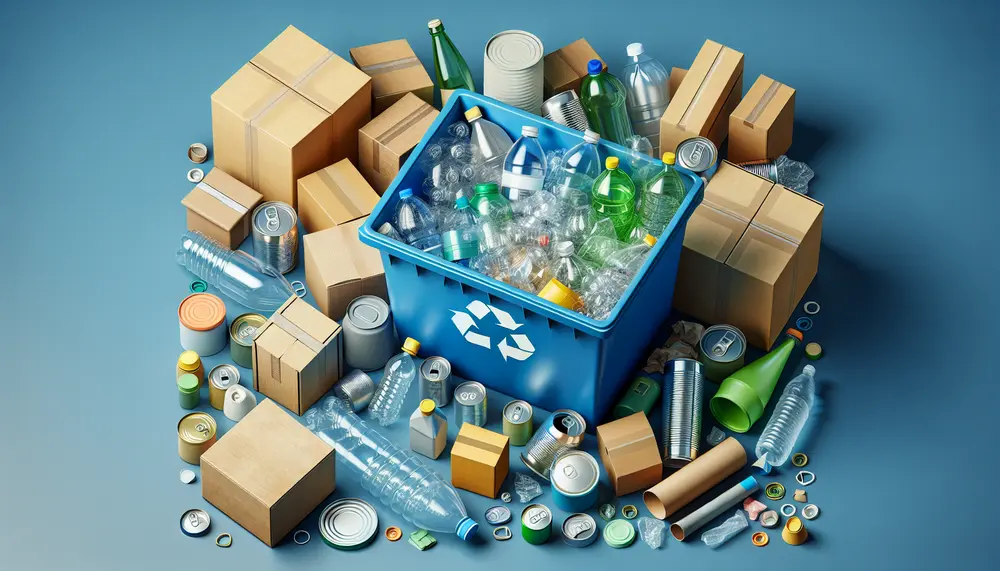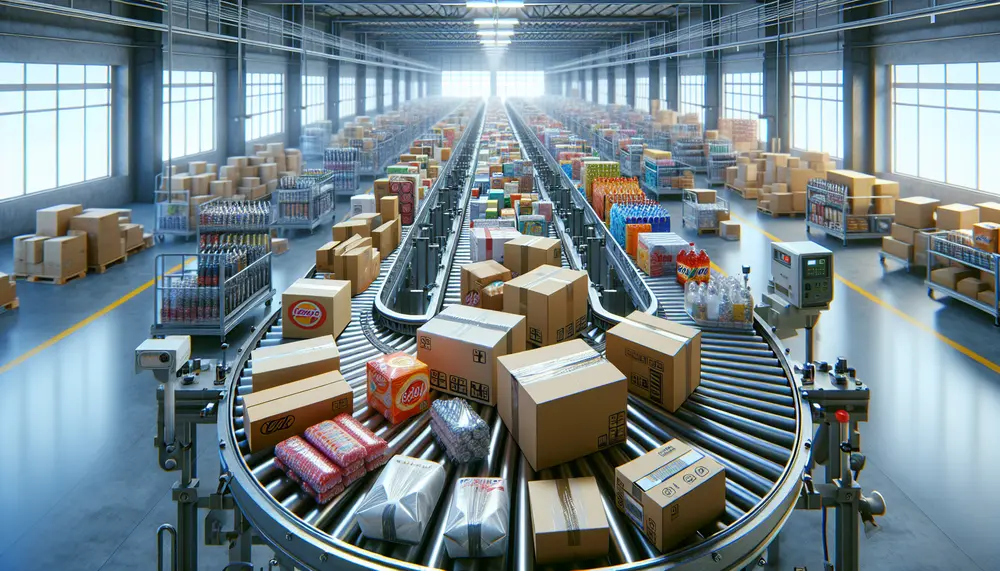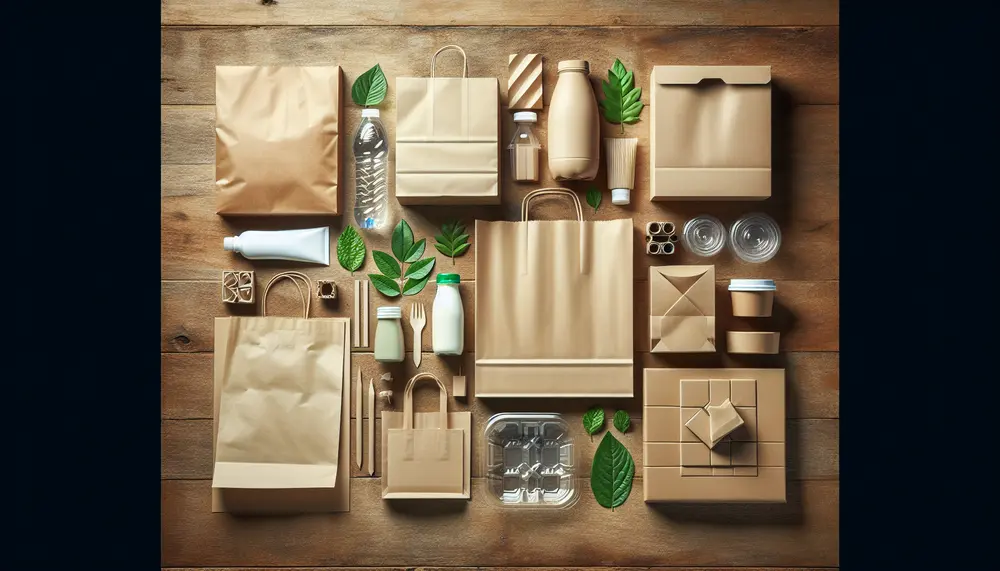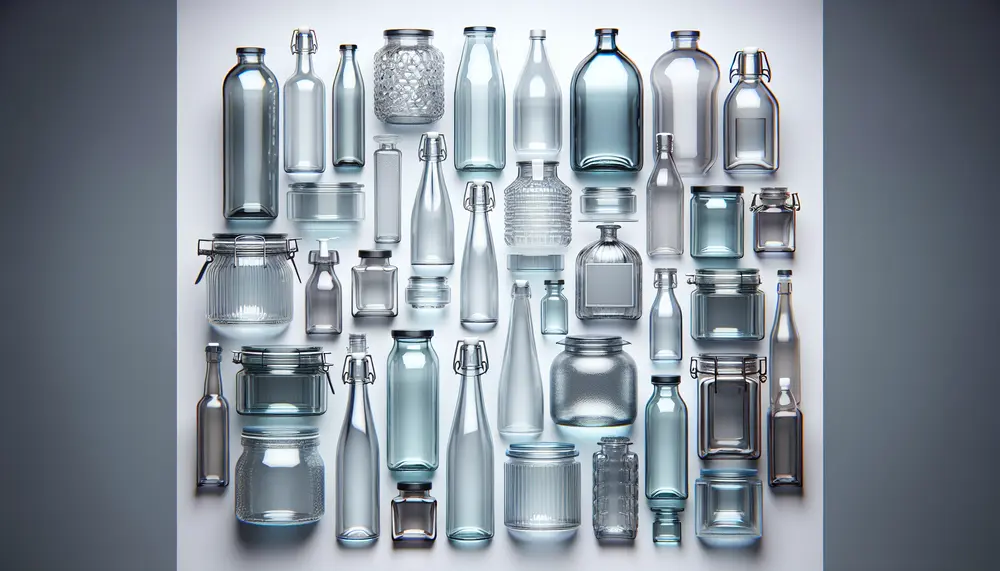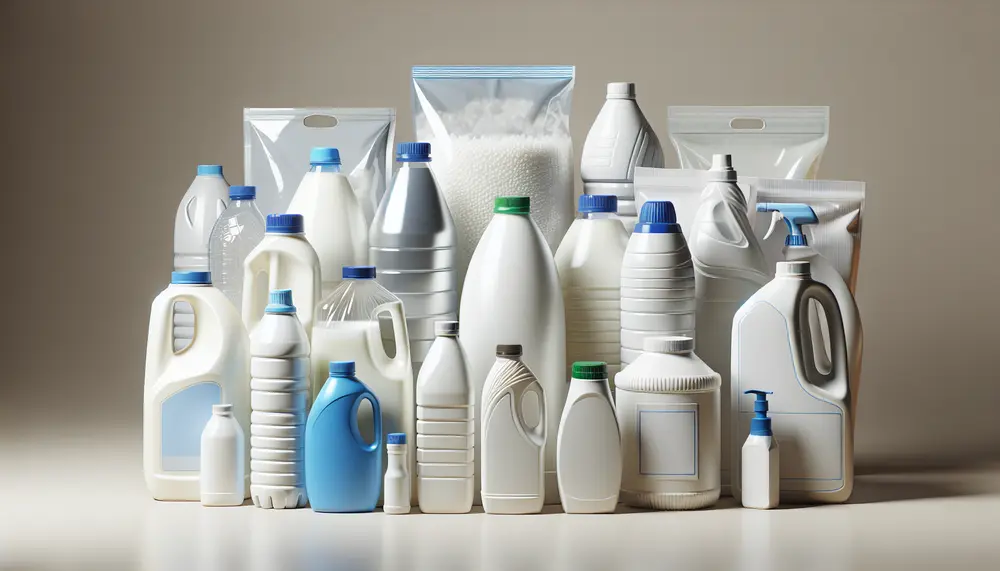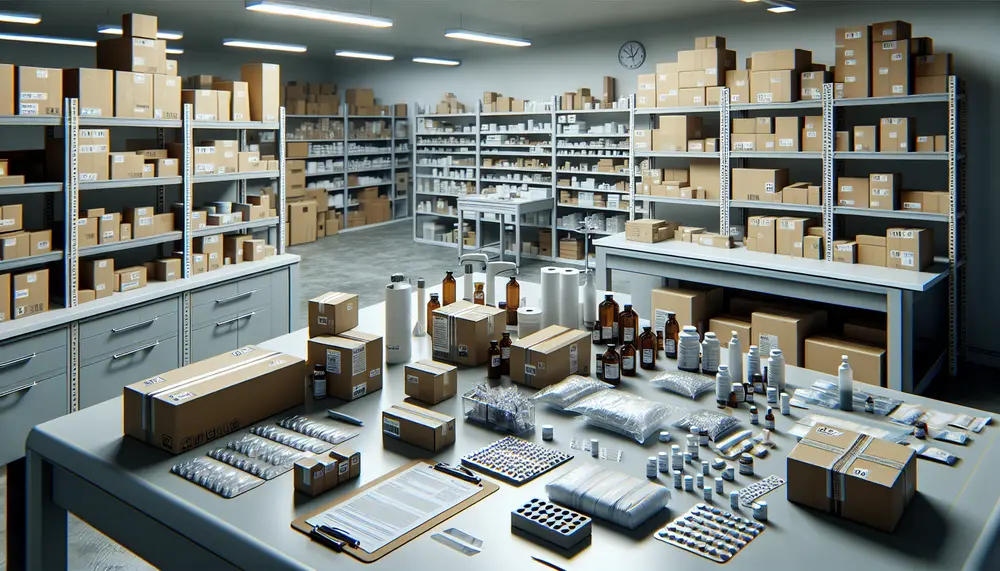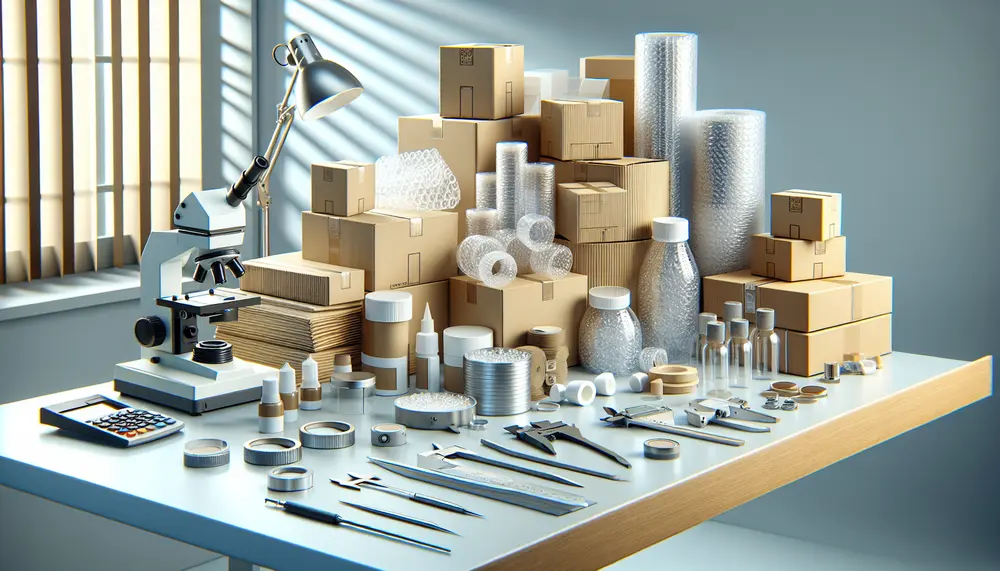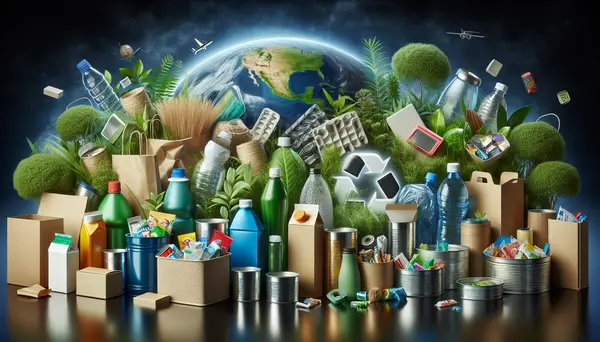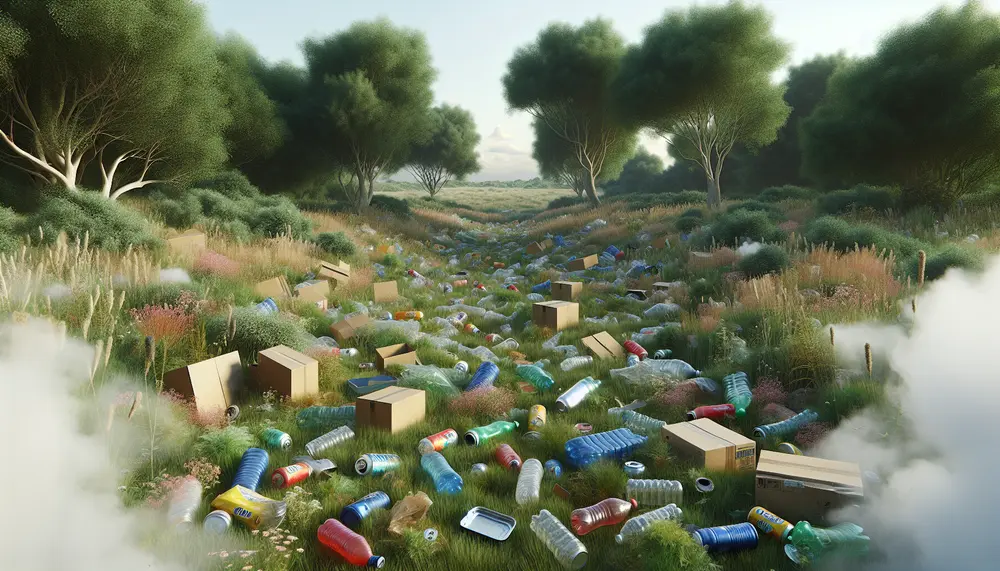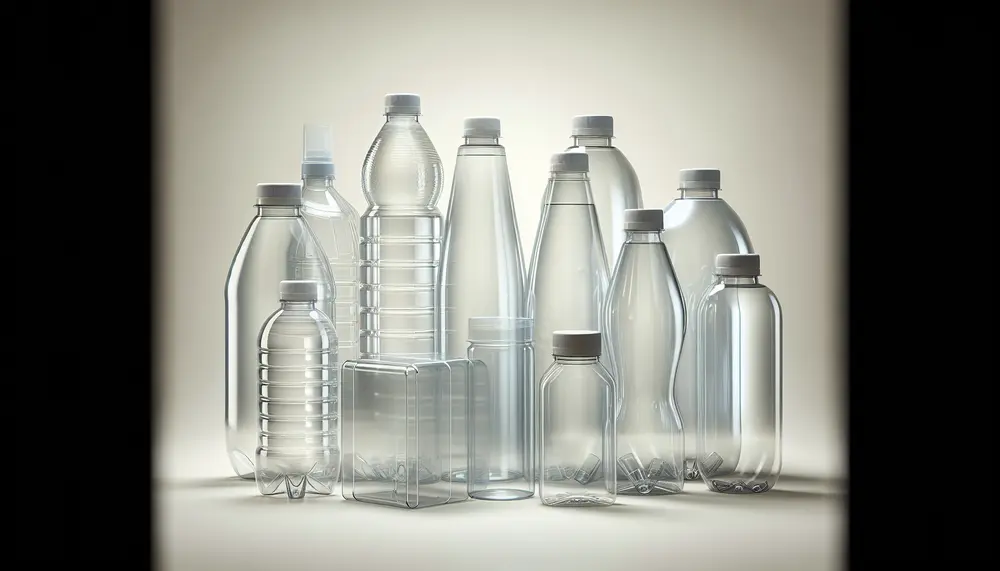Posts on the Topic Recycling

The packaging of scented candles is crucial for product protection and brand perception, influencing customer purchase decisions while also emphasizing sustainability. Choosing the right materials and designs enhances both durability and aesthetic appeal, ultimately improving customer satisfaction and loyalty....
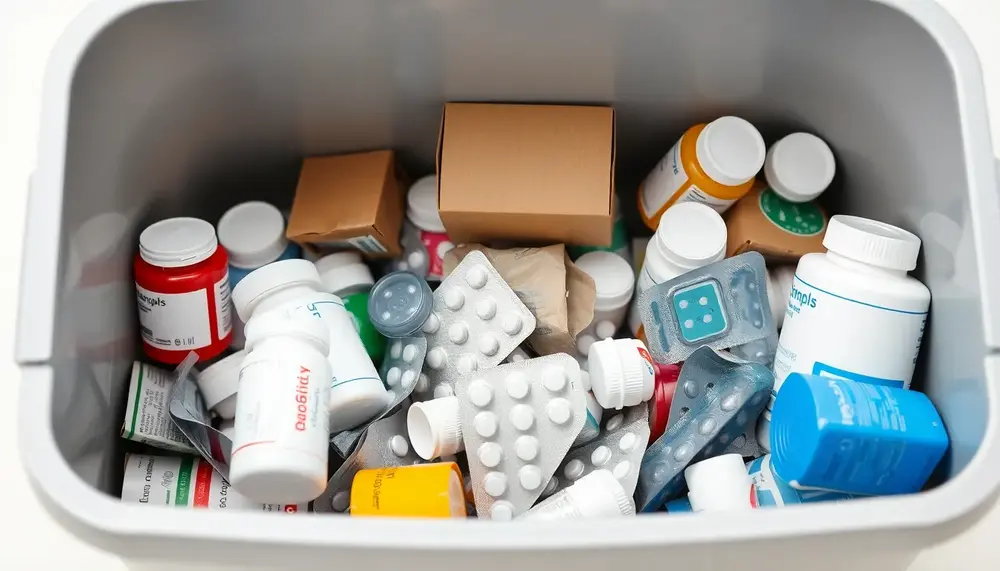
Proper recycling of medicine packaging prevents environmental harm, protects public health and safety, conserves resources, and encourages sustainable innovation. Different types—like cardboard boxes, plastic bottles, glass containers, blister packs, inhalers, tubes, and electronics—require specific disposal methods to ensure safe and...
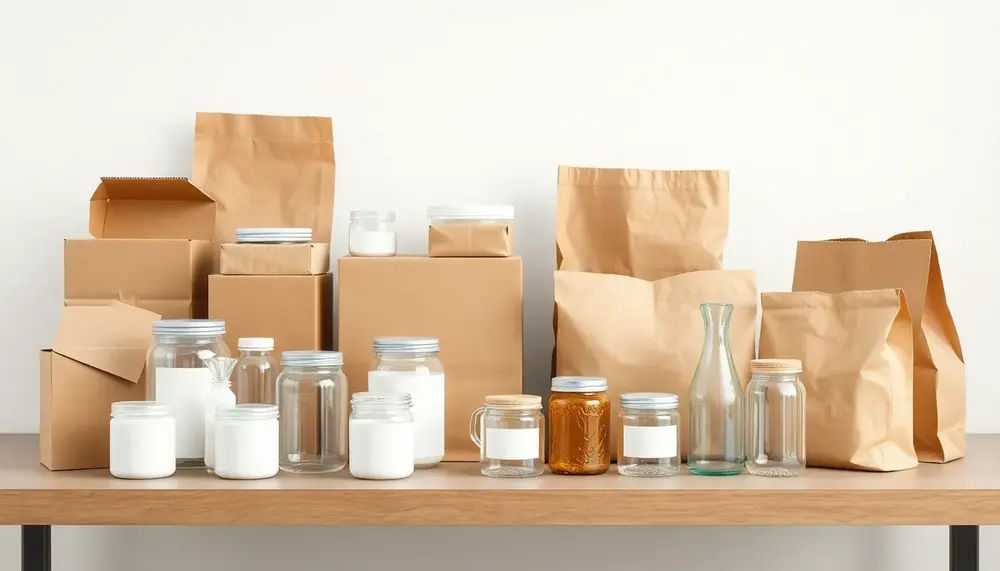
A well-structured Slideshare on packaging materials should use a clear narrative, visual comparisons, and actionable insights to guide viewers in choosing the right material. Each type—glass, metal, plastic, paper/board, composites, or biodegradable options—has unique strengths and weaknesses best matched to...

Driven by mounting waste and stricter regulations, the packaging industry is embracing bold innovations like edible sachets and reusable boxes through initiatives that foster collaboration, measurable impact, and systemic change. The Sustainable Packaging Initiative accelerates this shift with R&D funding,...
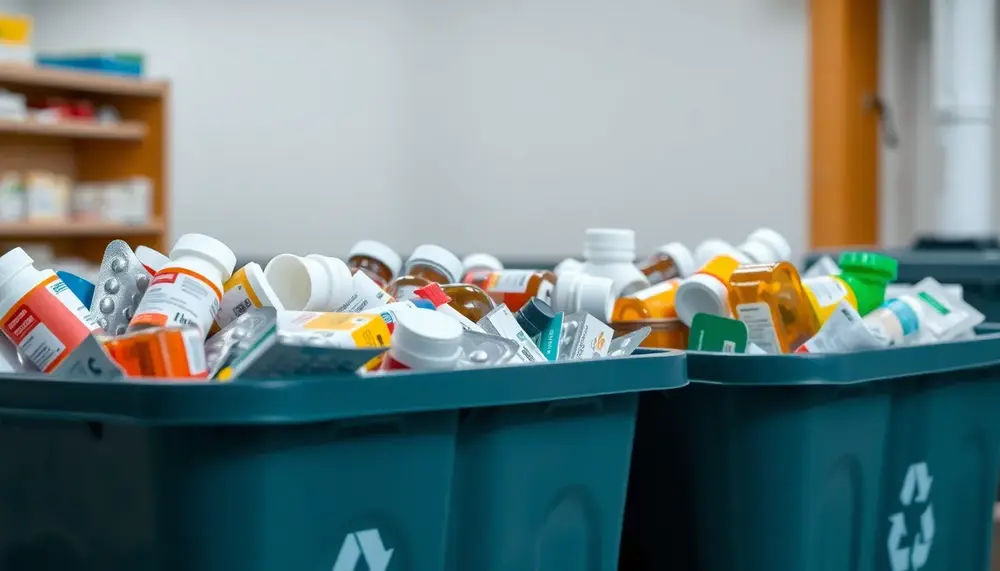
Sustainable pharmaceutical packaging is under urgent scrutiny due to high CO₂ emissions, regulatory pressure, and the need for safe, recyclable solutions. Cutting-edge recycling technologies—like advanced mechanical sorting, chemical depolymerization, carbon capture polymers, bio-based materials, and digital watermarking—are driving a shift...
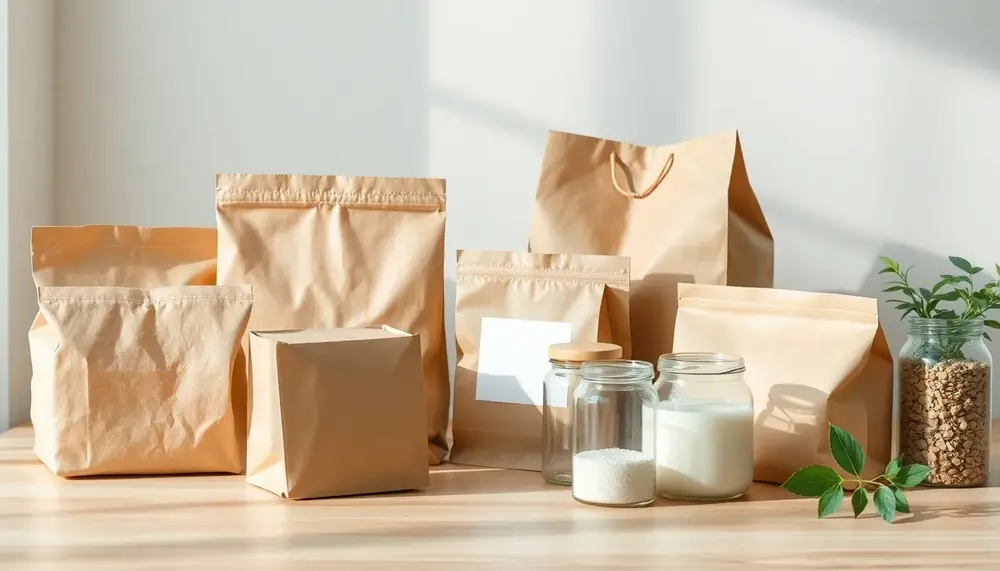
The sustainable packaging industry is rapidly transforming due to environmental concerns, regulatory pressures, and consumer demand, emphasizing recyclability, biodegradability, and reusability. Innovations in materials like bioplastics, fiber-based solutions, edible packaging, and advanced manufacturing processes are reshaping industries such as food...
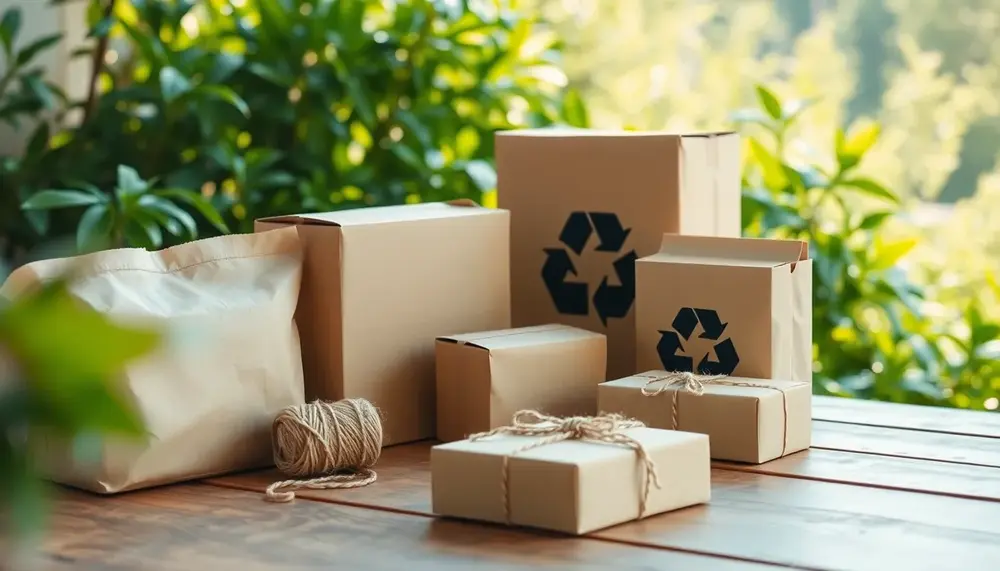
Sustainable packaging has become essential for industries to meet environmental goals, consumer expectations, and regulatory demands while reducing waste and costs. Innovations like seaweed-based materials, mushroom packaging, and AI-driven design tools are reshaping the industry by prioritizing renewability, recyclability, and...
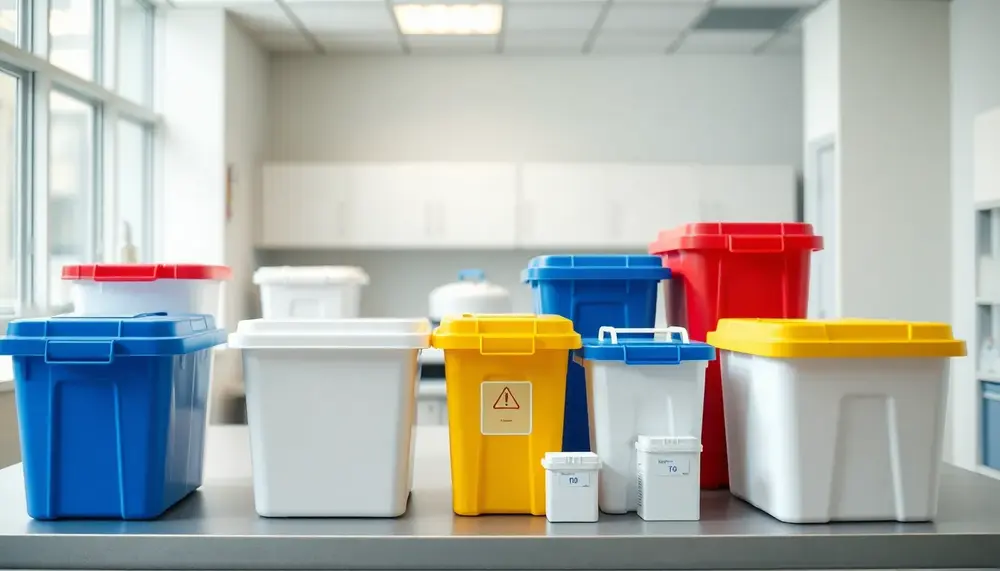
Pharmaceutical waste containers are essential for safely managing hazardous and non-hazardous pharmaceutical waste, protecting public health, the environment, and ensuring regulatory compliance. Choosing the right container involves understanding waste types, prioritizing features like durability, secure lids, clear labeling, and proper...
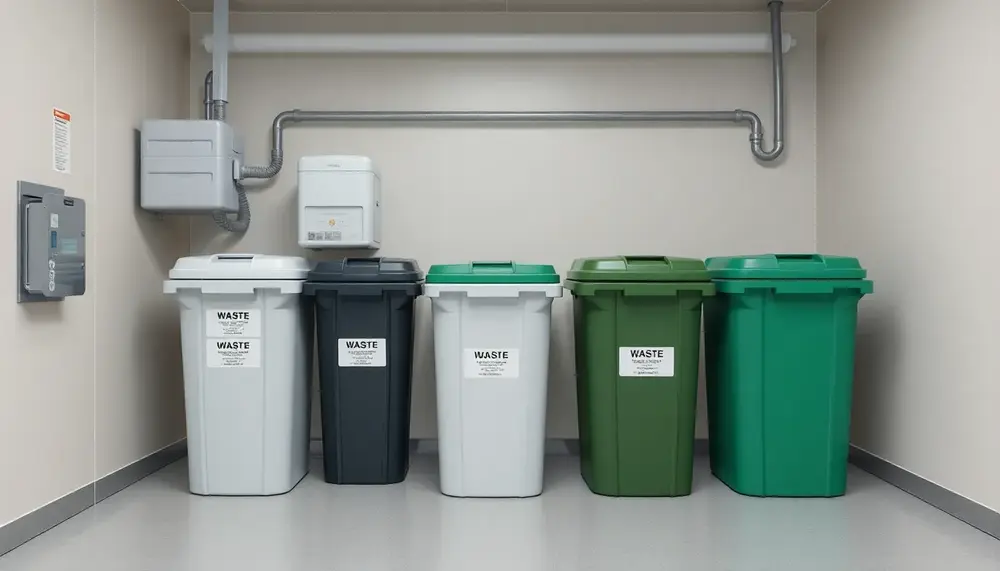
Pharmaceutical waste includes unused, expired medications that require proper disposal to prevent environmental contamination and health risks; safe disposal involves removing personal information, mixing with unpleasant substances, sealing in a durable container, and disposing of it responsibly....

The pharmaceutical packaging industry is rapidly evolving with trends focusing on sustainability, smart technologies, and personalized solutions to meet consumer demands and regulatory requirements. While these innovations offer benefits like reduced environmental impact and enhanced patient engagement, they also present...
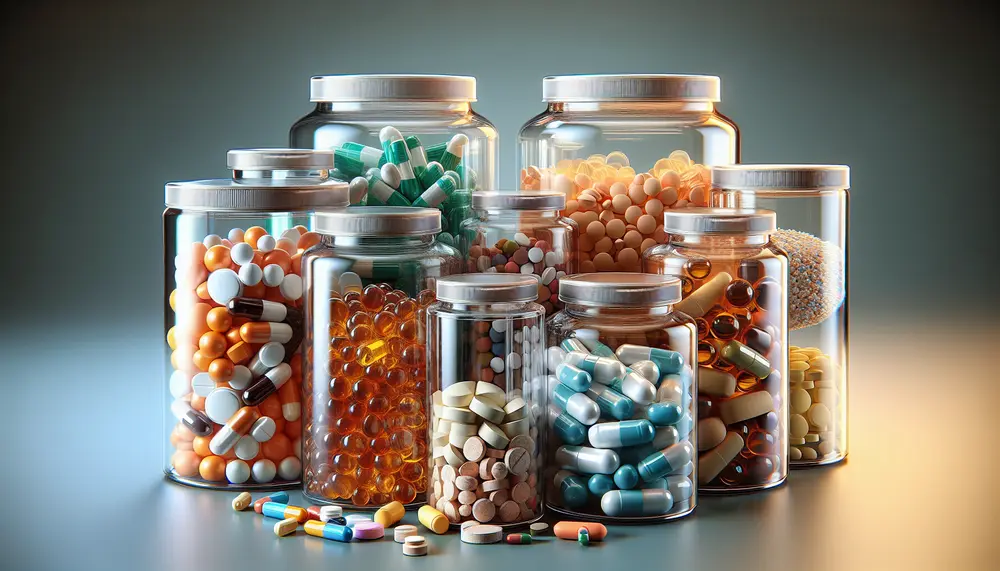
Glass is the preferred material for pharmaceutical packaging due to its chemical inertness, excellent barrier properties against gases and moisture, non-porous surface, recyclability, aesthetic appeal, temperature resistance, and light protection capabilities. These attributes ensure that medications remain pure, stable, effective...
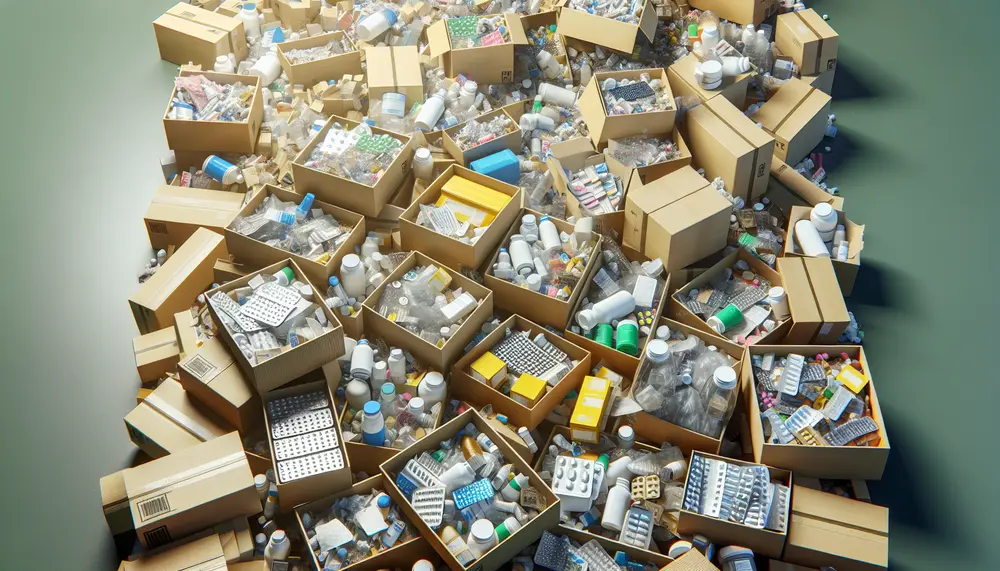
Pharmaceutical packaging waste significantly contributes to global environmental issues, with plastics being a major component that ends up in landfills and oceans, releasing toxins and increasing carbon emissions. Efforts to address this include exploring sustainable materials like bio-based plastics and...
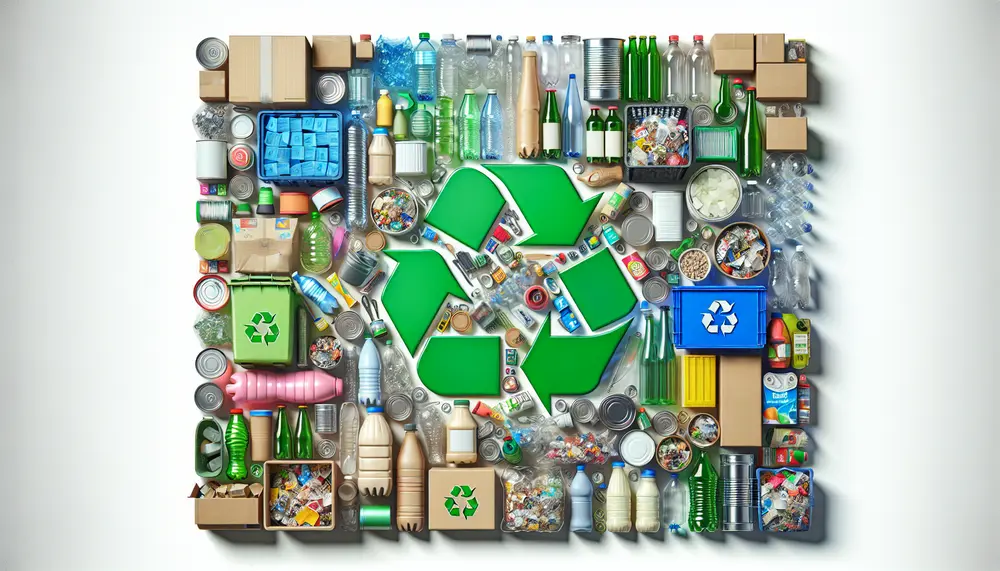
The 2023 packaging and waste regulation emphasizes sustainability, with new directives pushing for circular economy models and improved design for recyclability. Businesses must adapt to these changes, which include Extended Producer Responsibility (EPR), incentivizing eco-friendly packaging innovation. EU packaging waste regulations...
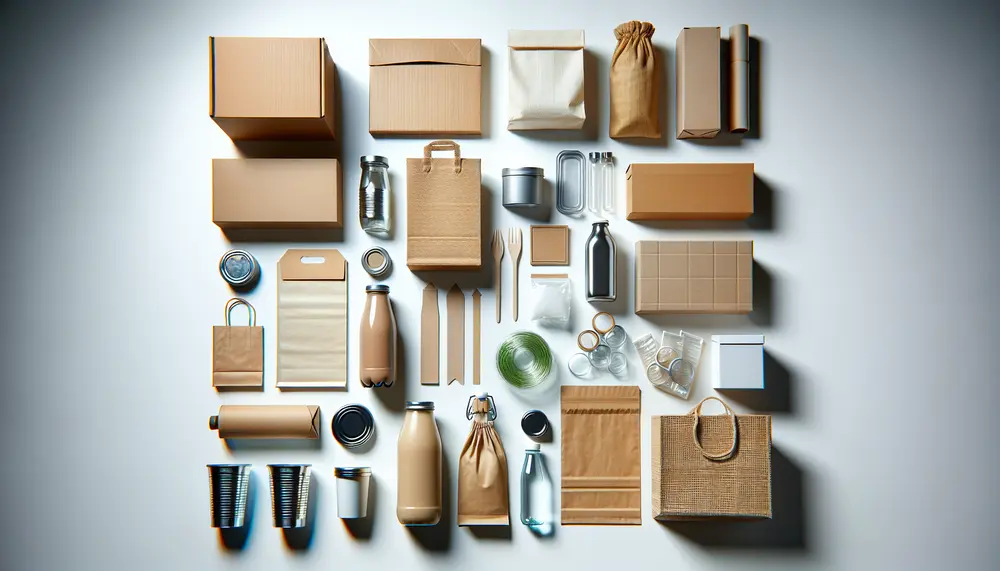
The packaging industry has evolved to focus on sustainability, technology, and consumer experience, adapting to environmental concerns and the rise of e-commerce. Innovations include biodegradable materials, intelligent packaging with sensors, 3D printing for customization, and designs optimized for shipping efficiency. Sustainable...
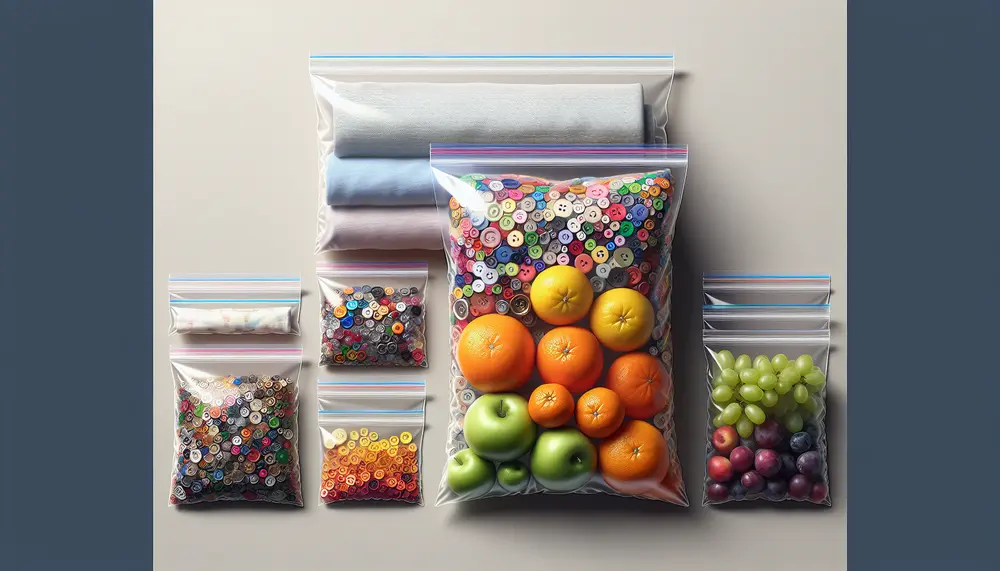
Ziplock packaging bags offer a versatile and sustainable solution for storage, organization, and transportation needs across various industries. They are reusable, come in different sizes with additional features, and advancements include recycled material options to reduce environmental impact. Recycled ziplock packaging...
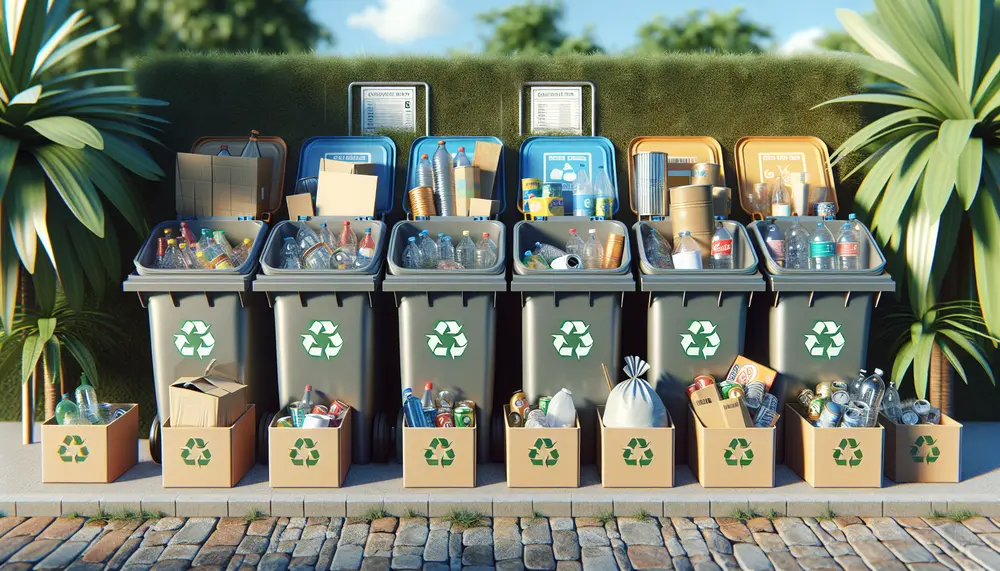
The Packaging Waste Directive (Directive 94/62/EC) is a key EU legislation aimed at reducing packaging waste by setting recovery and recycling targets, promoting sustainable design, and minimizing landfill disposal. Compliance with the directive benefits businesses through enhanced reputation, cost savings,...
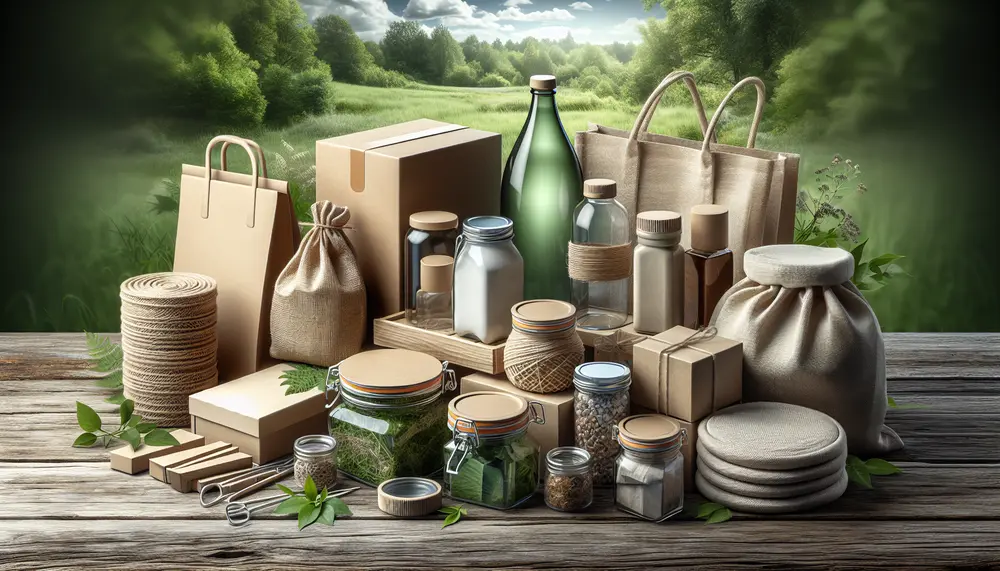
Europe leads in sustainable packaging, integrating eco-friendly materials and methods to reduce environmental impact. This shift is driven by consumer awareness, strict regulations, and a collaborative effort among stakeholders to set global examples for balancing ecology with business growth. The rise...
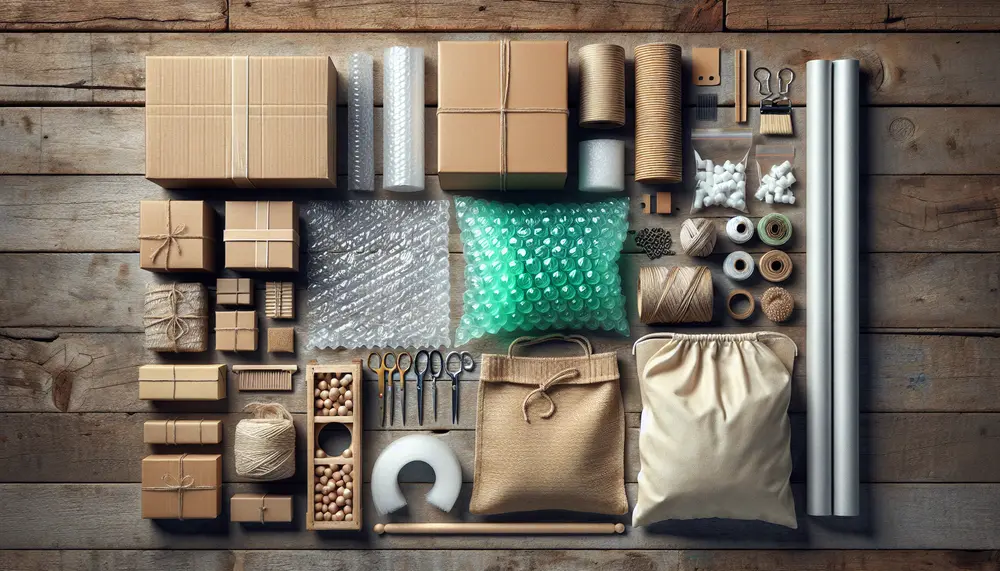
Packaging materials range from traditional paper and glass to modern bioplastics, each with unique properties affecting product safety, cost-effectiveness, and environmental impact. Selecting the right packaging is crucial for brand identity, customer satisfaction, and sustainability; factors like protection needs, branding...
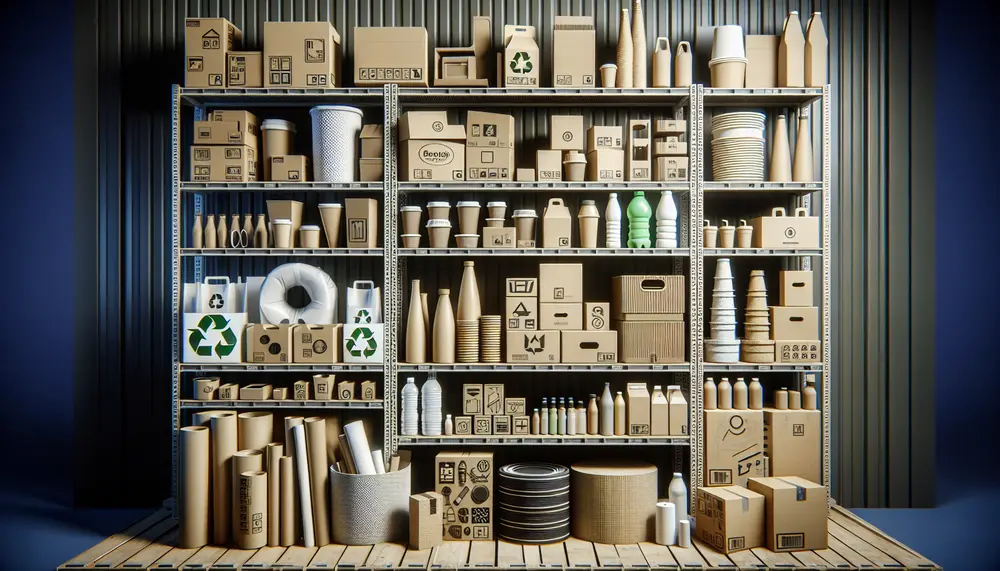
The UAE packaging industry is rapidly evolving, driven by economic growth and sustainability trends, with companies investing in R&D to meet the increasing demand for innovative and eco-friendly solutions. Digital transformation enhances supply chain efficiency through smart technologies as businesses...
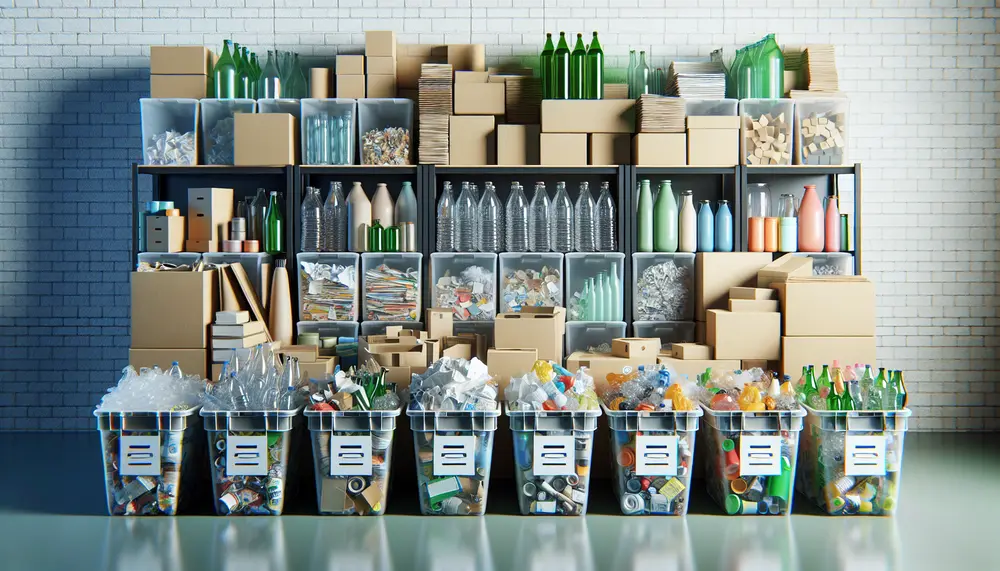
Packaging recycling is essential for environmental sustainability, conserving resources and reducing landfill waste. It faces challenges like cost and contamination but offers benefits such as reduced emissions and job creation. The impact of packaging waste includes ocean pollution, greenhouse gas emissions...
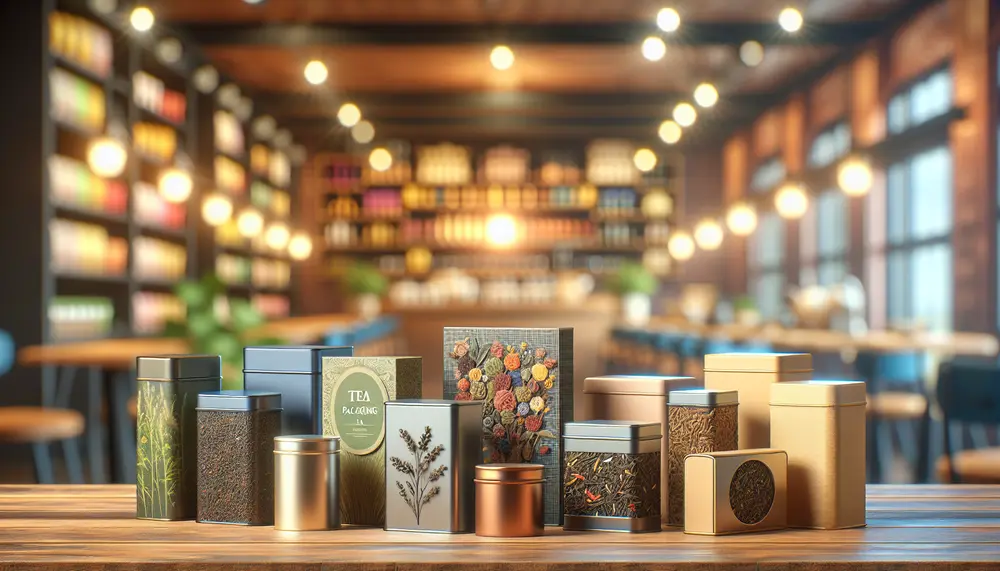
Tea packaging design is crucial for brand representation, customer engagement, and purchase decisions; it must also withstand shipping and reflect environmental responsibility through sustainable materials. Visual appeal in tea packaging influences consumer choice using color psychology, imagery, typography, tactile finishes,...
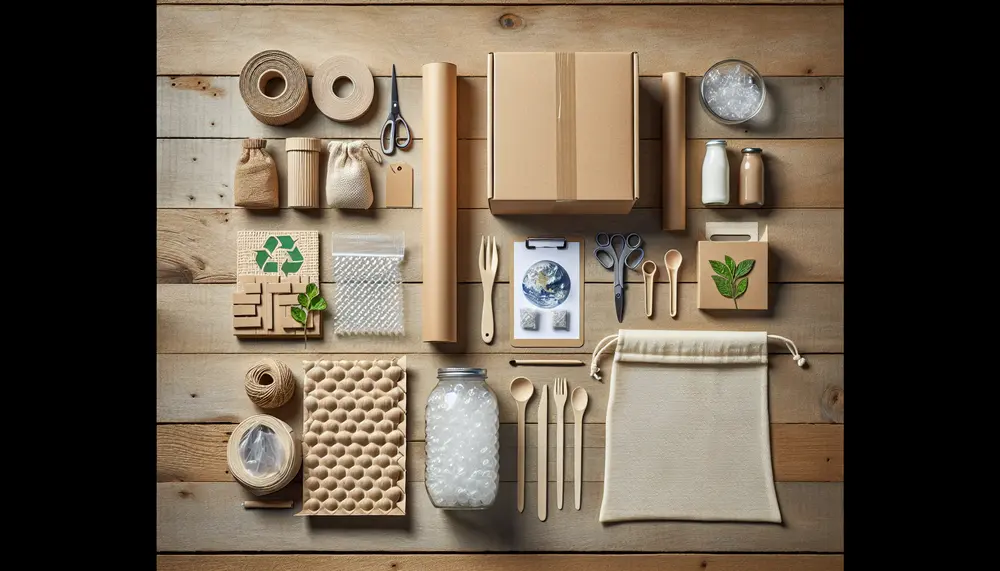
Packaging responsibilities in the supply chain involve selecting appropriate materials and designs for product protection, branding, compliance with legal standards, and reverse logistics. Sustainable packaging practices are crucial for environmental responsibility and can offer cost savings and competitive advantages. Efficiency in...
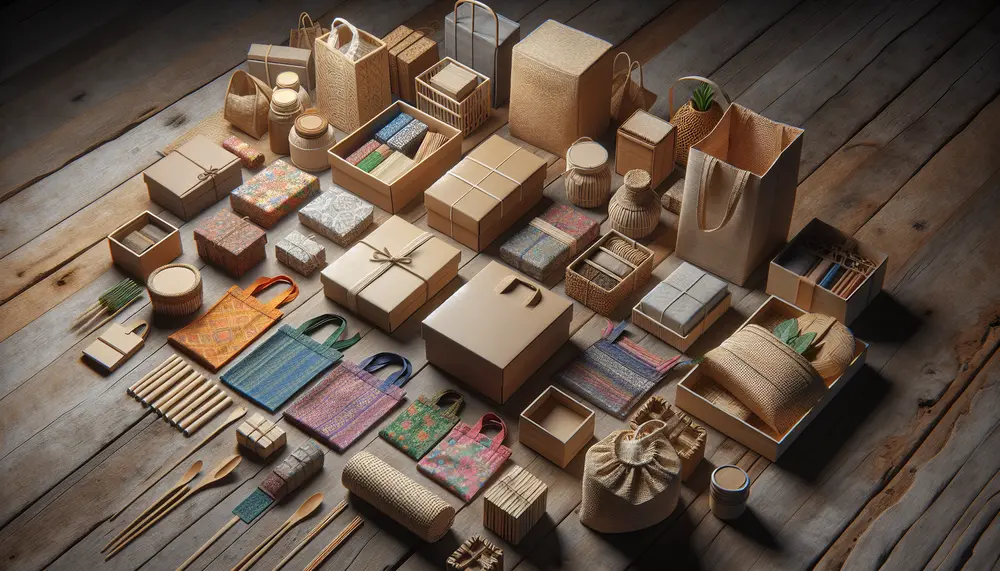
Sustainable packaging is essential for environmental protection and aligns with consumer values, offering long-term economic benefits despite higher initial costs. The market shift towards eco-friendly options is driven by material innovations, regulatory changes, and consumer demand, leading to a more...

